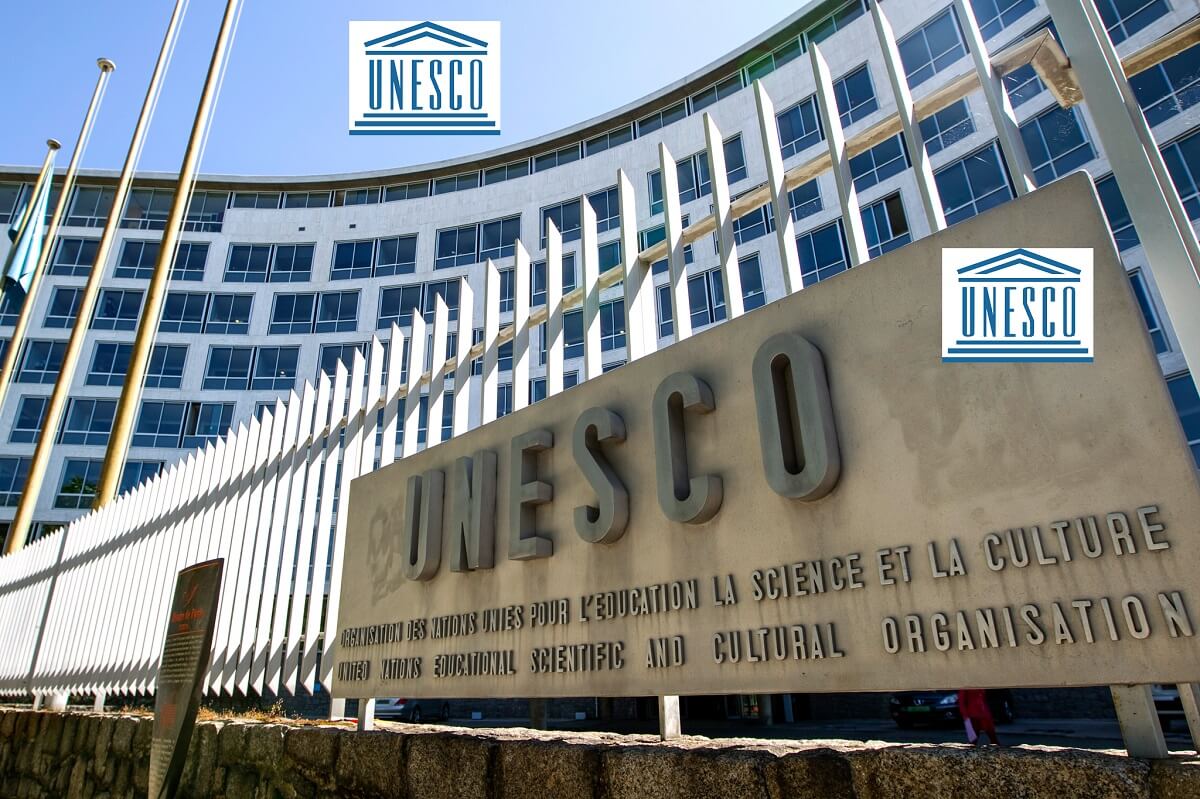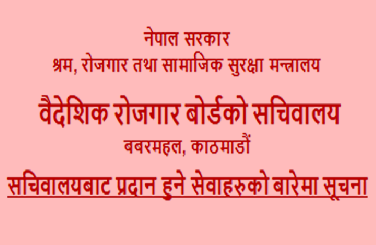
The Role of UNESCO in Global Education Standards
Education is more than just learning facts—it's about building opportunities for individuals and communities. Around the world, there's a shared understanding that education can transform lives, but not everyone has equal access to it.
This is where UNESCO, the United Nations Educational, Scientific and Cultural Organization, comes in. UNESCO is at the forefront of global efforts to make education inclusive, equitable, and accessible.
Through policies, frameworks, and partnerships, UNESCO aims to set standards that help countries improve their education systems.
This article explores UNESCO's role in shaping global education standards, highlighting its key initiatives, successes, challenges, and future goals. By the end, you'll understand how this organization impacts the education landscape worldwide.
Understanding UNESCO's Mandate in Education
UNESCO was established in 1945, shortly after the devastating effects of World War II, with a mission that transcended rebuilding physical infrastructure. Its primary goal was to promote peace and security by fostering international collaboration in education, science, and culture—domains seen as critical for preventing future conflicts.
UNESCO's founders believed that building the "defenses of peace" in people's minds required diplomatic efforts and a shared commitment to education and cultural understanding. From its inception, UNESCO viewed education as a fundamental human right and a powerful tool for addressing social inequalities, bridging cultural divides, and fostering sustainable development.
In its early years, UNESCO launched numerous initiatives to combat illiteracy, a widespread issue in the 1940s and 1950s, particularly in developing nations. Programs like the World Literacy Campaign worked to equip communities with essential reading and writing skills, laying the foundation for economic and social empowerment.
By the 1970s, UNESCO's focus had expanded to address broader issues such as gender disparities in education, equitable access to schooling, and the need for global cooperation in science and technology education. Over time, the organization adapted its strategies to address emerging challenges, including integrating digital education in the 21st century, which became especially critical during the COVID-19 pandemic.
Today, UNESCO's work spans a broad spectrum of initiatives to foster innovation in education, reduce inequalities, and promote lifelong learning opportunities. The organization's approach remains deeply rooted in its original mission of empowering individuals and communities through knowledge and understanding.
Core Objectives
Three core objectives guide UNESCO's work in education, each designed to address critical aspects of global learning needs and challenges:
Promoting Inclusive and Equitable Quality Education:
UNESCO prioritizes ensuring that everyone, regardless of their socioeconomic background, gender, or geographic location, has access to high-quality education.
This includes advocating for marginalized groups such as girls in rural areas, refugees, and children with disabilities, ensuring no one is left behind.
Advancing Lifelong Learning Opportunities:
UNESCO recognizes that education continues after formal schooling and supports systems that provide continuous learning opportunities for people of all ages.
This involves vocational training, adult literacy programs, and skill development initiatives that help individuals adapt to changing job markets and societal needs.
Supporting Countries in Policy Development:
UNESCO plays a vital role in helping countries develop and implement education policies that align with global standards while addressing local challenges.
By providing technical expertise, research, and frameworks like the ISCED - International Standard Classification of Education, UNESCO empowers nations to design inclusive, sustainable, and effective systems.
UNESCO's Frameworks for Global Education Standards
To ensure that education systems worldwide can be compared and understood, UNESCO introduced the International Standard Classification of Education (ISCED). This framework provides a clear structure for categorizing education levels and types, from primary schooling to doctoral studies.
Using ISCED, countries can align their systems with global benchmarks, making data more reliable for policy-making.
ISCED is widely used by organizations like the OECD and the World Bank to analyze education trends globally.
Education 2030 Agenda and SDG 4
The Education 2030 Agenda, championed by UNESCO, serves as a global blueprint for achieving inclusive and equitable education. At its core lies Sustainable Development Goal 4 (SDG 4): make inclusive and equitable quality education and promote lifelong learning opportunities for all.
This ambitious framework embodies UNESCO's vision of a world where everyone, regardless of gender, socioeconomic status, or geographic location, has access to education that allows them to lead managing lives and contribute meaningfully to society.
SDG 4 emphasizes expanding access to education and improving quality, ensuring learners acquire relevant skills and knowledge for sustainable living and global citizenship.
One of the distinguishing features of SDG 4 is its comprehensive focus on lifelong learning, addressing educational needs from early childhood through adulthood. The framework sets clear, actionable goals to tackle critical challenges, such as achieving universal primary and secondary education, increasing access to early childhood care and education, and eliminating gender disparities that have long hindered progress in many regions.
It promotes integrating sustainability and global citizenship education into curricula, fostering awareness of global challenges and a sense of shared responsibility among learners.
UNESCO's leadership has been instrumental in translating SDG 4 into actionable policies at the national level. By 2022, approximately 70% of countries had incorporated at least one SDG 4 target into their education strategies, reflecting widespread global commitment.
However, progress varies significantly, with many nations facing barriers such as resource limitations, infrastructure deficits, and social inequalities. Through initiatives like the Global Education Monitoring (GEM) Report, UNESCO continuously evaluates progress, identifies gaps, and offers tailored recommendations to accelerate the achievement of SDG 4.
This agenda represents more than a policy framework; it is a call to action for governments, organizations, and individuals to prioritize education as a cornerstone for sustainable development, equity, and peace in the modern world.
Key Initiatives and Programs
Global Education Monitoring Report (GEM Report)
The GEM Report is UNESCO's flagship publication, tracking progress toward SDG 4. It provides detailed insights into global education trends and highlights where additional efforts are needed.
The 2023 GEM Report found that only 19% of countries are on track to achieve SDG 4 by 2030, underscoring the need for urgent action.
Global Alliance to Monitor Learning (GAML)
UNESCO launched GAML to create standardized ways of measuring learning outcomes. By working with technical experts, countries, and NGOs, GAML develops tools that help nations assess student performance and improve their systems.
Capacity Building and Technical Assistance
One of UNESCO's strengths is its ability to support countries directly. This includes:
-
Training educators to deliver high-quality lessons.
-
Assisting governments in developing inclusive curricula.
-
Offering tools for collecting and analyzing education data.
In Afghanistan, UNESCO trained over 10,000 teachers in 2021 to improve literacy and access to education in conflict-affected areas.
Impact on Member States
Policy Development and Implementation
UNESCO helps member states create education policies tailored to their needs. For example:
-
Nepal: UNESCO worked with the government to expand access to schooling in rural areas, boosting enrollment rates by 15% over a decade.
-
Ghana: Through UNESCO's advocacy, Ghana adopted inclusive education policies, enabling thousands of children with disabilities to attend school.
Promoting Equity in Education
UNESCO strongly emphasizes addressing disparities. It works with marginalized communities, including refugees, indigenous populations, and girls in rural areas, to ensure they have access to quality education.
In 2020, UNESCO reported that its initiatives helped increase female enrollment in secondary education by 20% in Sub-Saharan Africa.
Challenges and Criticisms
Implementation Barriers
Despite its successes, UNESCO faces several hurdles:
-
Funding Limitations: Limited resources constrain its ability to expand programs.
-
Political Instability: In conflict zones, educational progress is often disrupted.
Critiques of Standardization
While global standards are helpful, critics argue that they may only sometimes reflect local contexts. For example, a one-size-fits-all approach can overlook cultural differences or unique challenges individual nations face.
Future Directions
Adapting to Technological Advancements
The COVID-19 pandemic established the importance of technology in education. UNESCO is now prioritizing the following:
-
Closing the digital divide by ensuring all schools have internet access.
-
Developing global standards for online education platforms.
In 2023, UNESCO launched the "Global Digital Education Coalition," which brought together tech companies and governments to enhance digital learning opportunities.
Strengthening Global Partnerships
Collaboration is at the heart of UNESCO's strategy. By working with other UN agencies, NGOs, and private organizations, UNESCO aims to expand its reach and impact.
Conclusion
UNESCO's role in global education is indispensable. From setting benchmarks like ISCED to driving initiatives like SDG 4, it provides the tools and support needed to create more equitable and inclusive education systems. However, achieving these goals requires collective effort—countries, organizations, and individuals all have a role to play. Together, we can work toward a future where education is a universal right.
Frequently Asked Questions (FAQs)
What is UNESCO's primary goal in education?
Through global collaboration and standard-setting, UNESCO promotes inclusive, equitable, and quality education.
How does UNESCO support developing countries?
UNESCO provides technical assistance, training programs, and policy guidance to help nations improve their education systems.
What is SDG 4, and why is it important?
SDG 4 is a global commitment to ensuring inclusive and equitable education. It addresses access, quality, and gender equality in education.
What are the challenges UNESCO faces?
Limited funding, political instability, and critiques of global standardization are some of the challenges UNESCO must navigate.
How can I support UNESCO's efforts in education?
Individuals can advocate for education policies, support local initiatives, and raise awareness about UNESCO's programs.
Education





